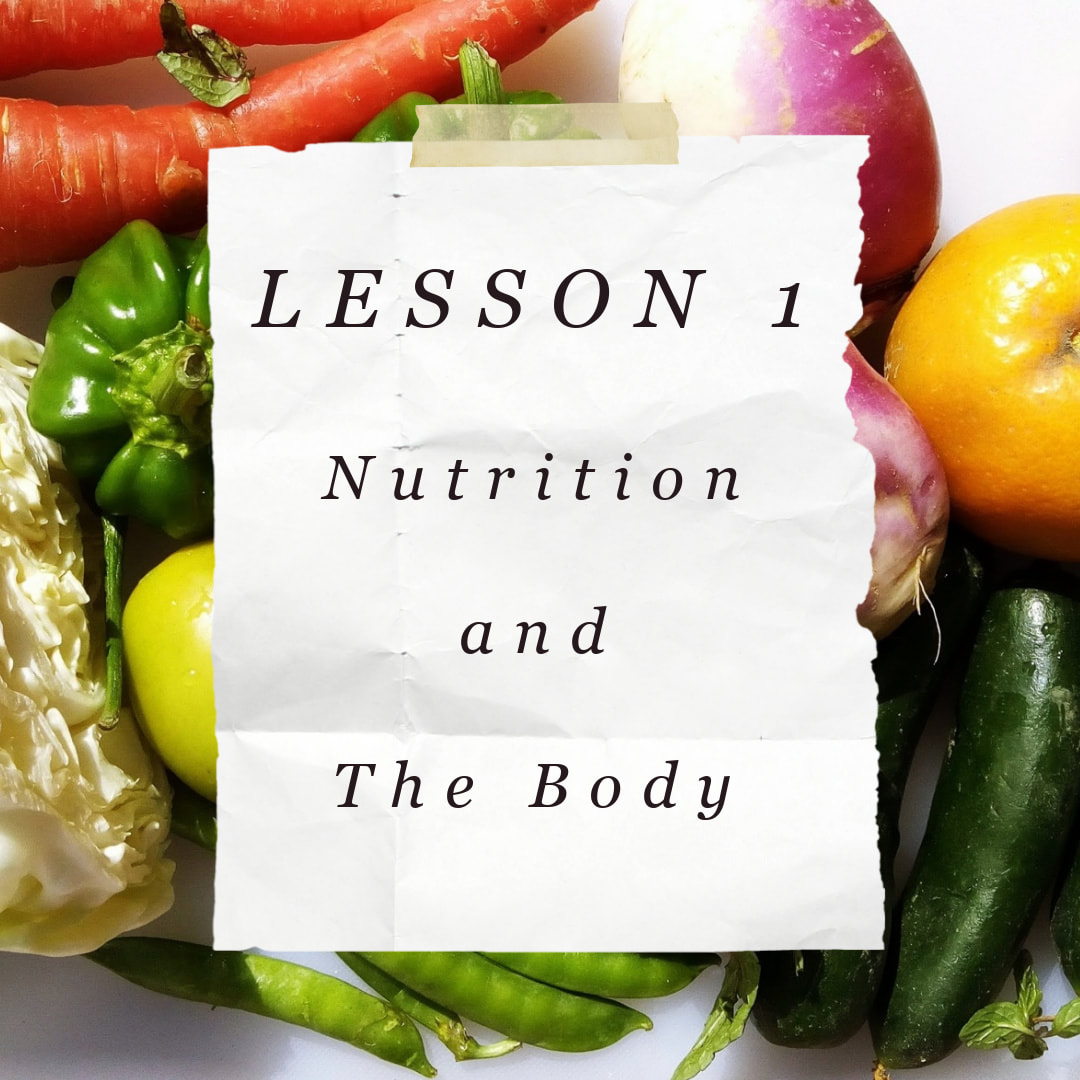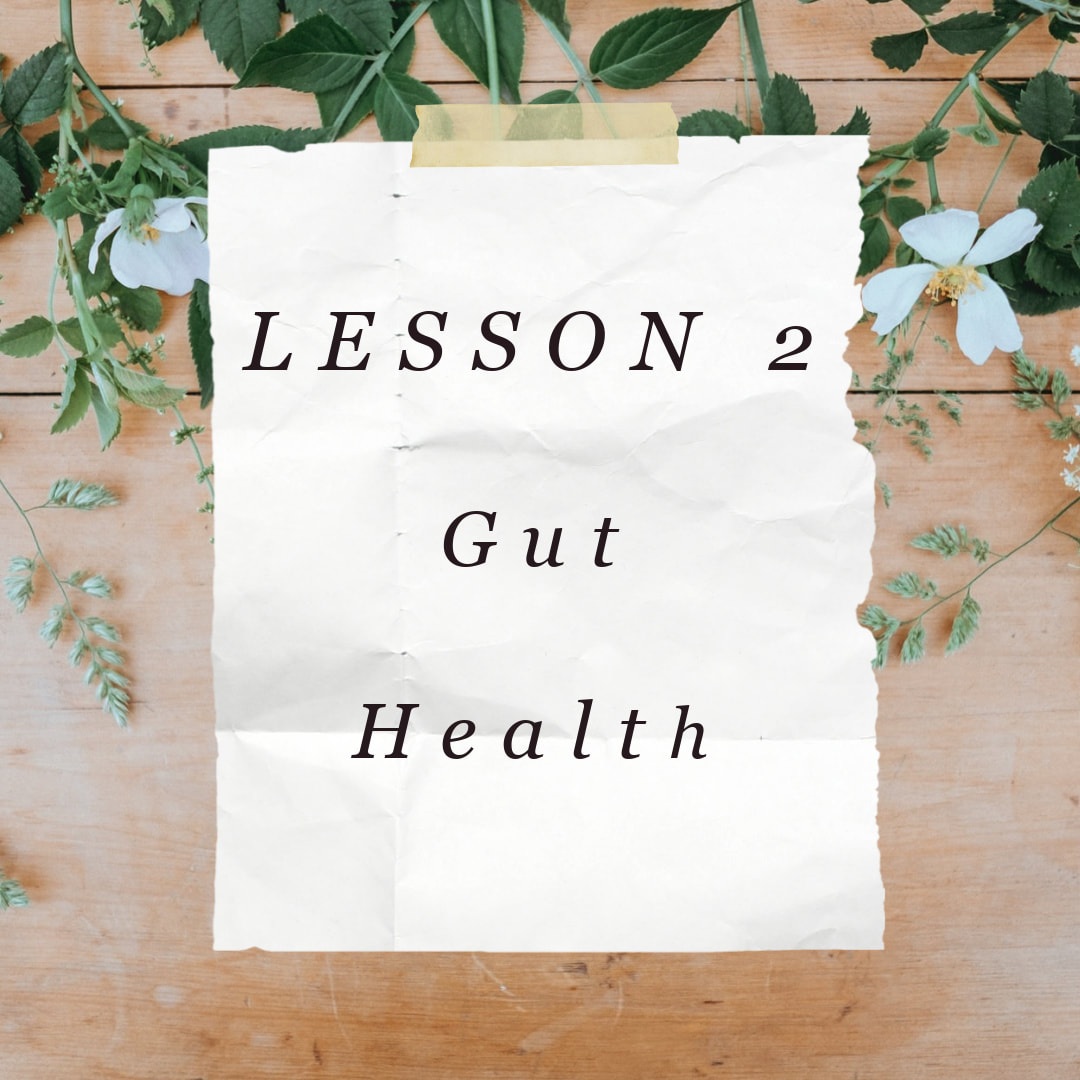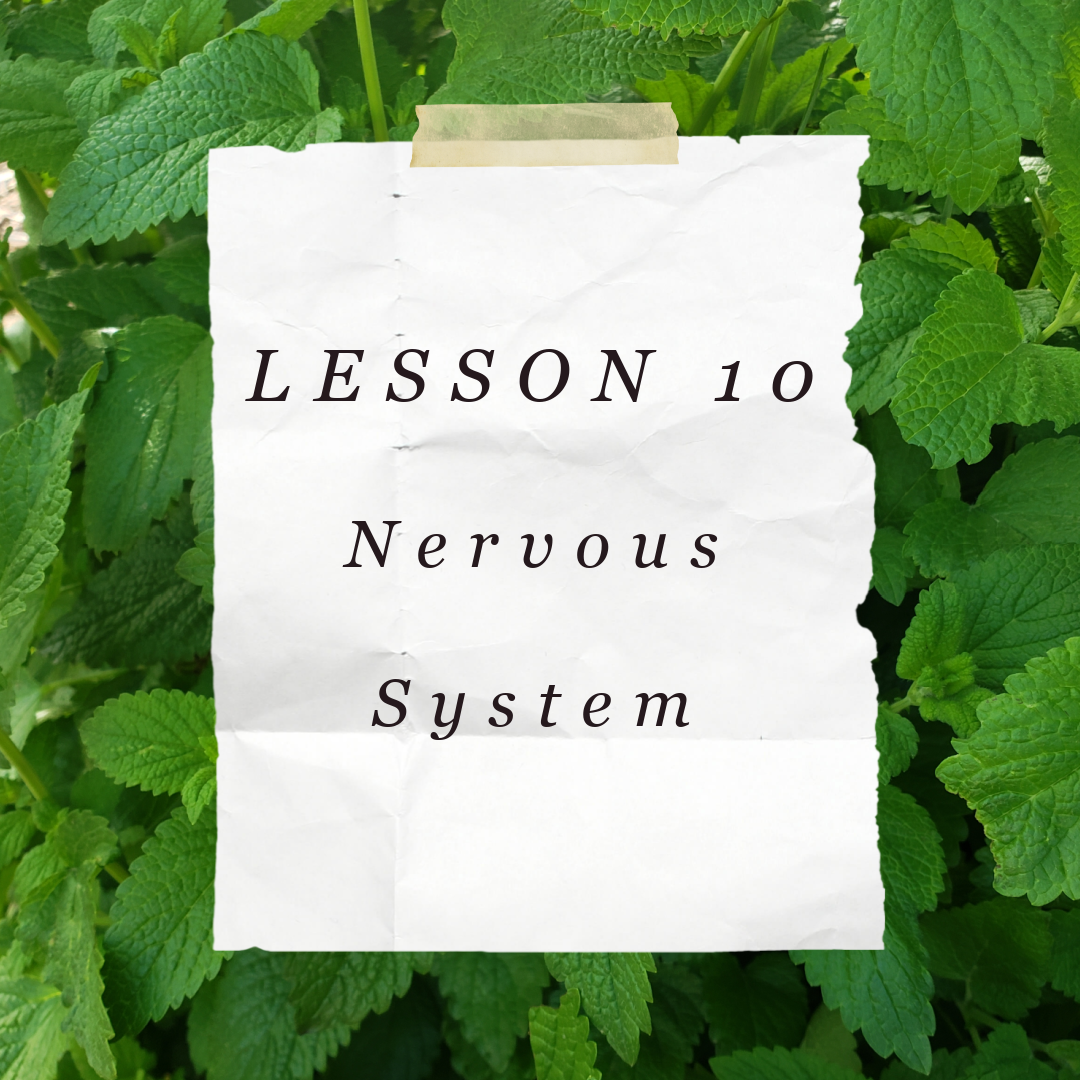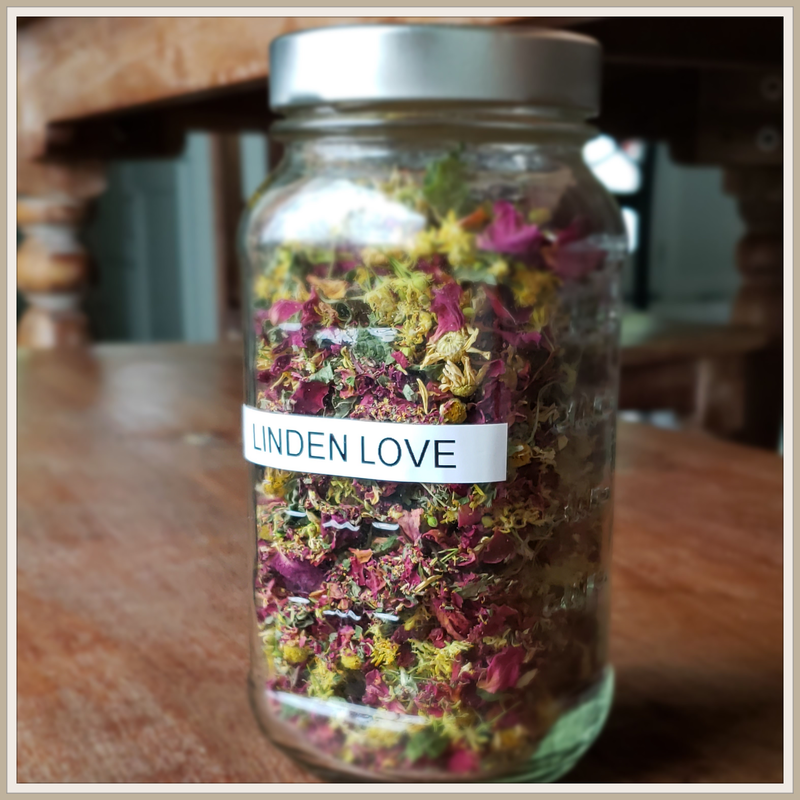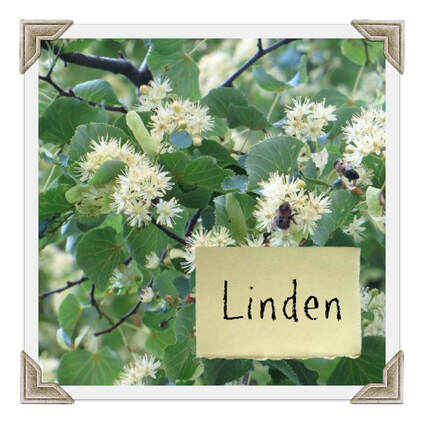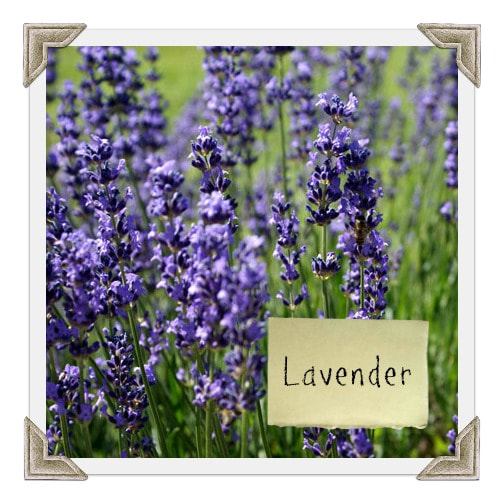Sleep Disorders/Insomnia
Sleeping is vital for all body processes. It is a time to store memories and all we learned throughout the day, restore energy, renew cells, and heal and fix up any problems. The inability to easily fall asleep or to stay asleep long enough to feel rested upon waking is considered insomnia. It can be caused by stress, anxiety, illness, excitement, fatigue, jet lag, irritability, and life changes. Chronic insomnia lasts longer than a few days and be be caused by pharmaceuticals, drug and alcohol abuse, sleep apnea, aging, obesity, chronic depression, asthma, chronic pain, and certain bacteria and viruses to name a few.
Long term insomnia can cause other problems due to the lack of sleep including decreased ability to function emotionally and physically, impaired memory, concentration and attention, learning capacity, decreased reaction time, depression, decreased immune function and increased risk of other chronic disease. Strive to find the root cause of the problem and work on treating that while using these other means to get some rest.
Long term insomnia can cause other problems due to the lack of sleep including decreased ability to function emotionally and physically, impaired memory, concentration and attention, learning capacity, decreased reaction time, depression, decreased immune function and increased risk of other chronic disease. Strive to find the root cause of the problem and work on treating that while using these other means to get some rest.
Here are some helpful bedtime habits to aid with quality sleep. These come from The Herbal Academy Intermediate Course:
- Keep an uncluttered bedroom that is dark, cool, and quiet
- Keep a regular sleep wake cycle
- Minimize daytime naps
- Avoid staying up late/depriving the body of sleep on a frequent basis
- Avoid vigorous exercise too close to bedtime
- Avoid drinking anything caffeinated too close to bedtime
- Sleep as much as you need to to feel refreshed, but not more than that (spending too much time in bed has been linked to poor sleep quality)
- Get up the same time every day, regardless of when you went to bed—this helps to establish a consistent sleep-wake rhythm
- Sleep on a quality mattress!
- If you don’t fall asleep after 15-20 minutes, get up and do something quietly until you become drowsy.
- Consider using earplugs and/or an eye mask
- Keeping a TV in your bedroom
- Watching or reading anything scary, violent, or otherwise stimulating before bed
- Having sources of artificial light in your bedroom
- Essential Oils for Sleep by Mountain Rose Herbs
- Acupressure
- Yoga, tai chi, and regular exercise.
- EFT - The Tapping Solution
- Walk barefoot on the grass, this releases static electricity which can interfere with sleep, among many other things.
Sleep Spray
1 oz. witch hazel
1 oz. distilled water or hydrosol
10-30 drops of essential oil(s) of choice - use one of the sleep blends in the essential oil section or mix up one of the following:
1 oz. witch hazel
1 oz. distilled water or hydrosol
10-30 drops of essential oil(s) of choice - use one of the sleep blends in the essential oil section or mix up one of the following:
|
Blend #1
2 drops chamomile 6 drops geranium or ylang ylang 3 drops lemon 4 drops sandalwood |
Blend #2
10 drops lavender 6 drops chamomile 4 drops cardamom 2 drops ylang ylang |
Blend #3
8 drops blue spruce 4 drops fir tree 4 drops cedarwood 4 drops vetiver 4 drops bergamot |
Blend #4
4 drops lavender 6 drops chamomile 6 drops lemon 4 drops vetiver 6 drops spearmint |
- Adaptogen herbs - take as a daily supplement
- Nerve tonics - take regularly
- Nervine sedative herbs - take 1 hour before bedtime then again right before bed and if you wake up.
Diffuse, apply to the wrist, feet, behind ears or on temples. Can also be dropped right on pillowcase, bedding or pajamas.
|
BLENDS
|
